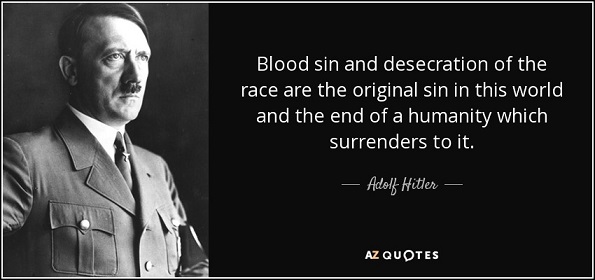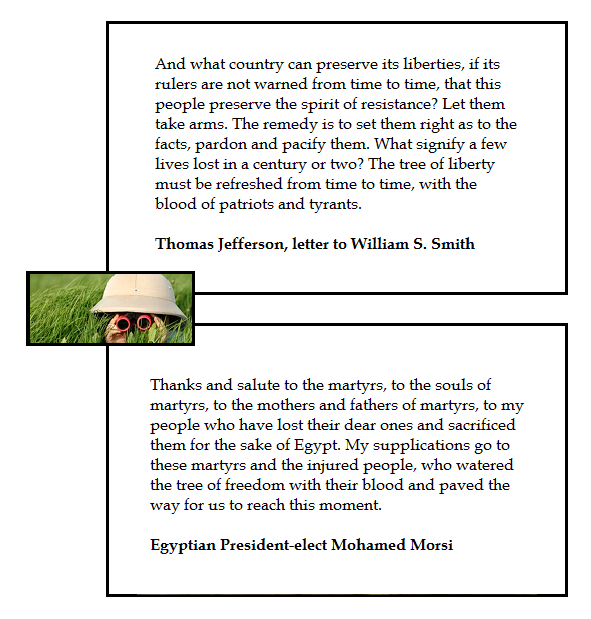I do so hate it when people speak foreign
Tuesday, May 24th, 2016[ by Charles Cameron — the Pakistani politician Imran Khan and Alec Station’s Mike Scheuer think (somewhat) alike ]
.
I do so hate it when people speak foreign, and am happy when bilinguals tweet the relevant quotes in regular language:
Waseem Badami: Do you consider Osama Bin Laden a terrorist?@ImranKhanPTI: I do not want to comment on this. pic.twitter.com/Di7dCv4dY7
— Khushal Khan (@Khushal_Khattak) May 24, 2016
#OsamabinLaden was a terrorist?
IK:George Washington was a terrorist for the English & freedom fighter for Americans pic.twitter.com/PUImimIewJ— Naila Inayat (@nailainayat) May 24, 2016
**
Imran Khan, who is being quoted from this interview as saying “George Washington was a terrorist for the English & freedom fighter for Americans” is a Pakistani cricketer (captain of the team that won the 1992 World Cup, and credited with 3807 runs batting and 362 wickets bowling in Test matches) turned politician (founder of the Pakistan Tehreek-e-Insaf party which governs Khyber Pakhtunkhwa, formerly the North West Frontier Province) — and philanthropist (founder of a cancer hospital, and more).
Comparisons, they say, are odious — and you may well think it odious to compare Osama bin Laden with George Washington.
What, though, if the comparison is between Imran Khan and Michael Scheuer, who in the runup to 9/11 was the chief of Alec Station (ie the CIA’s Bin Laden Issue Station). In his first book, Through our Enemies’ Eyes, published anonymously in 2002, Scheuer wrote:
I think we in the United States can best come to grips with this phenomena by realizing that bin Laden’s philosophy and actions have embodied many of the same sentiments that permeate the underpinnings of concepts on which the United States itself is established. This can be illustrated, I think, with reference to the writings or actions of such seminal figures in our history as John Brown, John Bunyan, Thomas Jefferson, Patrick Henry, and Thomas Paine.
and:
Bin Laden’s character, religious certainty, moral absolutism, military ferocity, integrity, and all-or-nothing goals are not much different from those of individuals whom we in the United States have long identified and honored as religious, political, or military heroes, men such as John Brown, John Bunyan, Thomas Jefferson, Patrick Henry, and Thomas Paine. I do not argue that these are exact analogies, but only that they are analogies that seemed pertinent as I researched bin Laden.
and again, specifically:
A final analogy I found useful in thinking about Osama bin Laden in a context pertinent … Professor John L. Esposito drew me to this analogy in his fine book The Islamic Threat. Myth or Reality?, as did the editors of the respected Pakistani newspaper Nawa-i-Wakt. In his book, Esposito warned that when Americans automatically identify Islamist individuals and groups as terrorists, they forget the “heroes of the American Revolution were rebels and terrorists for the British Crown,” while the editors of Nawa-i-Waqt lamented that “it is unfortunate that the United States, which obtained its independence through a [revolutionary] movement is calling Muslim freedom fighters [a] terrorist organization.”
Like him or not as he currently presents himself and his opinions, Scheuer was plausibly the person best situated to explain bin Laden to an American audience back in 2002 — and today’s Imran Khan and yesterday’s Michael Scheuer seem to have a major analogy for assessing & explaining bin Laden in common…





